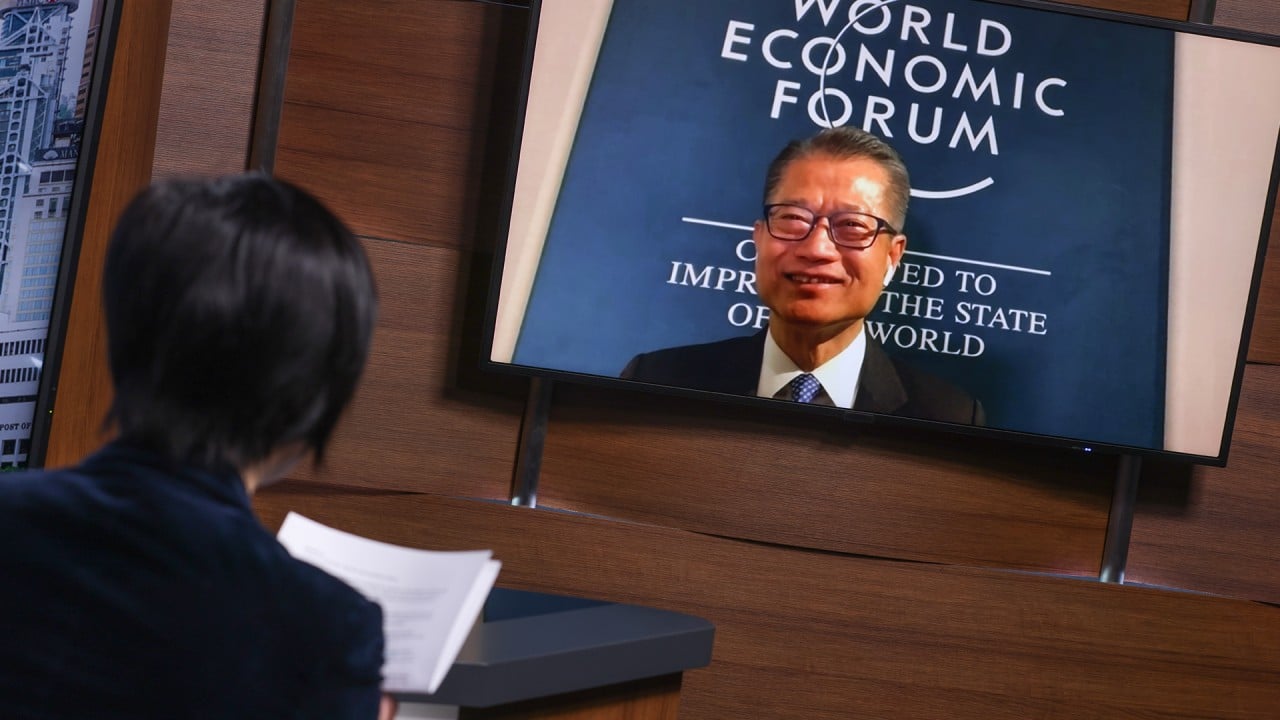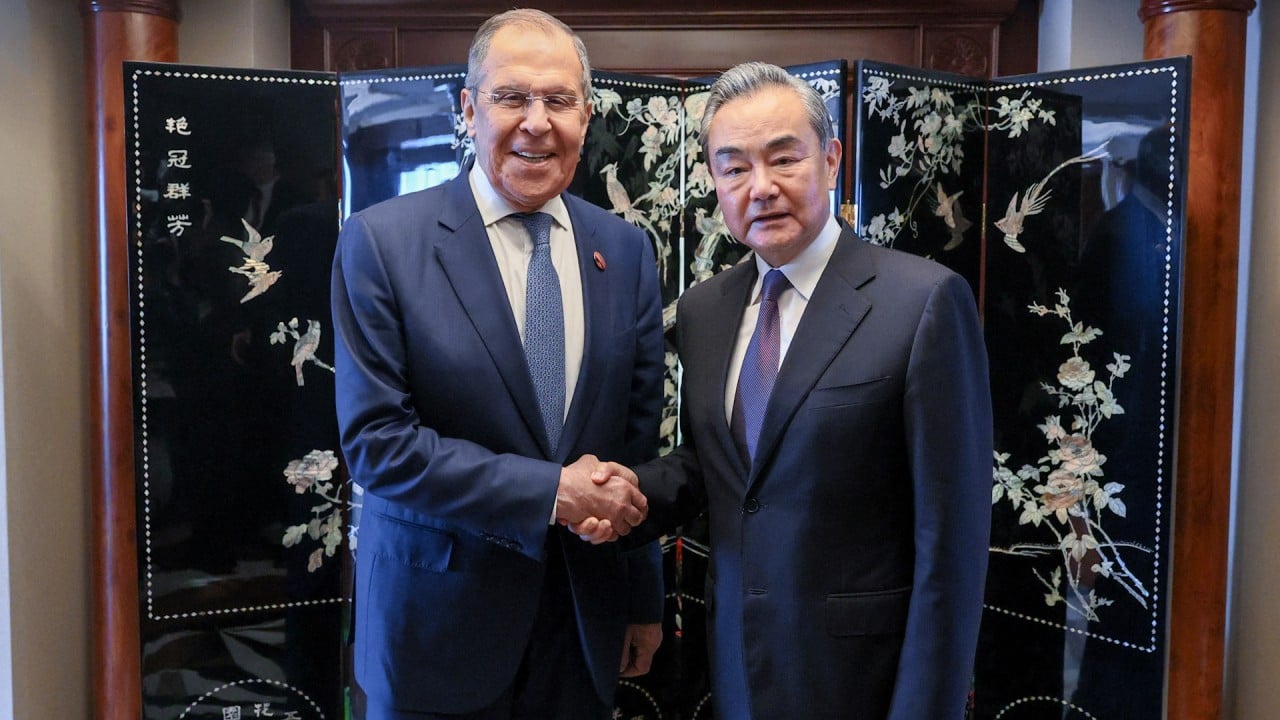
Islamic finance: Malaysian expert sees Hong Kong benefiting from deglobalisation, shift in ethical financing
- Hong Kong has strengthened its economic and financial ties with the Middle East in recent months amid worsening US-China relations
- The size of the Islamic finance industry will double to US$9 trillion to US$10 trillion over the next five years, former Khazanah Nasional chief Azman says
Hong Kong is well-positioned to leverage its status as a global financial hub to establish connections with industry powerhouses in Southeast Asia and the Middle Eastern countries, according to Azman Mokhtar, chairman of the leadership council at Malaysia International Islamic Finance Centre.
“As the world is de-globalising, there are shifting sands, and new trade and investment routes are being placed in many ways,” he said at the Asian Financial Forum in Hong Kong on Thursday. Hong Kong can collaborate with market leaders like Malaysia, Indonesia and Saudi Arabia to broaden or deepen its services, he added.

Azman served as the managing director of Khazanah Nasional, Malaysia’s sovereign wealth fund, between June 2004 and July 2018. The fund had 122.5 billion (US$25.9 billion) of investment assets at the end of 2022.
Islamic finance is a system that operates in accordance with Islamic law and principles, which promote ethical and socially responsible financial practices.
Islamic finance has made significant progress to become a US$4.5 trillion market globally, and is set to grow 11 per cent annually through 2030, Azman said, citing industry forecasts. Banking and services based on Islamic tenets represent an attractive and fast-growing segment, he added.
Hong Kong needs talent in Islamic finance, Arabic to woo Gulf investors
“In the next five years, it will double to US$9 trillion to US$10 trillion,” he said, backed by demand from 2 billion Muslims, or 24 per cent of the global population, who contributed nearly 10 per cent to the global economy.
The comments followed recent efforts by Chief Executive John Lee Ka-chiu and Financial Secretary Paul Chan Mo-po to strengthen the city’s economic and financial ties with the Middle East, as Beijing strengthened its outreach in the region amid worsening US-China relations.
Azman also noted several firsts in Islamic finance in non-Muslim countries elsewhere. Australia this year will have its inaugural Islamic lender to serve the country’s 813,000 Muslims, while Luxembourg’s central bank became the first among its European peers to join the Islamic Financial Services Board.
The board, based in the Malaysian capital of Kuala Lumpur, is tasked with setting global standards to promote and enhance the stability of the Islamic financial services industry.



